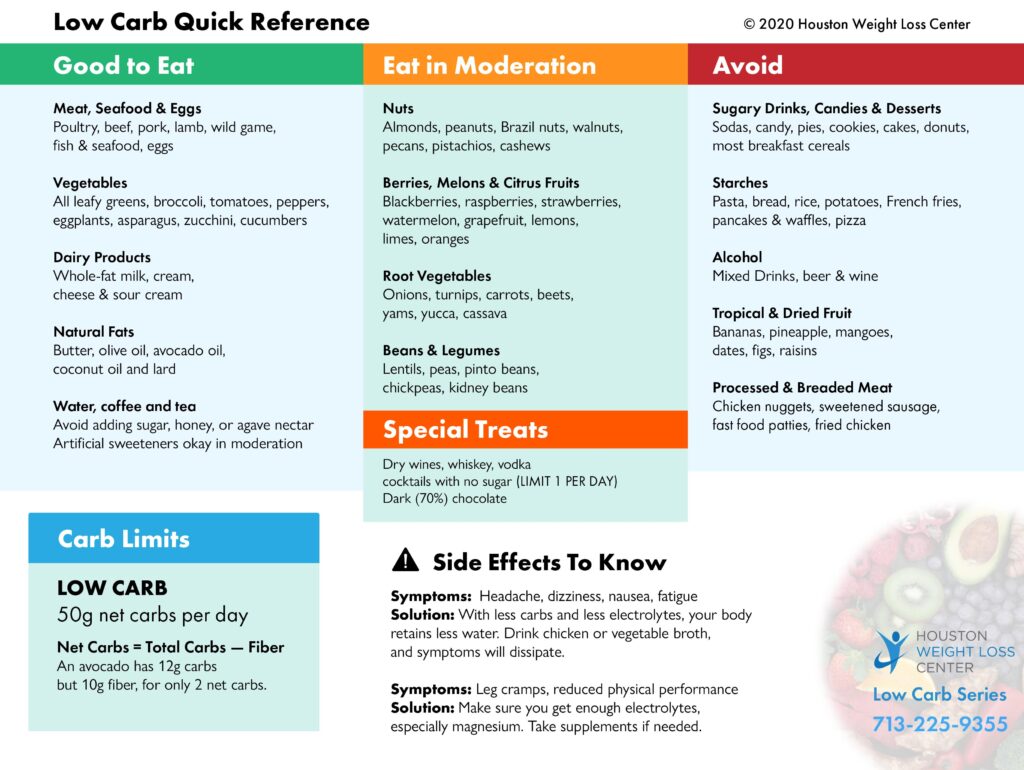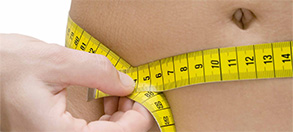Consultations offered at our three convenient locations in Houston, Katy, and Webster, TX
There are a lot of reasons to like low-carbohydrate diets. They don’t require calorie counting. They can improve Type 2 diabetes and reduce blood pressure. They can also reduce bloating, gas, and water retention for people who may have food allergies or intolerances.
A low-carb diet limits food high in carbohydrates, like breads, pastas, and sugary desserts, and replaces them with fats and proteins. Foods high in carbohydrates are often high in calories and low in fiber, protein, and vitamins, so you are getting rid of the biggest culprits when it comes to weight gain. Eliminate these foods, and you’re likely to see an overall decrease in calories without having to track them. If you hate food journaling but can manage to track carbs in your head, low carb can be relatively easy.
However, there are some things you should be aware of before starting a low-carb diet.
- You still need to check nutrition labels. Carbs can hide in many unexpected places, including processed meats like breakfast sausage.
- It takes commitment. If you’re an all-or-nothing kind of person, this may be exactly the diet for you. However, if giving up pasta and sweets is causing little warning sirens to go off in your head, you might do better with a low calorie diet that still allows some sweets as long as they fit your daily calories.
- You need to be careful about the amount of fat you consume and where it comes from. A high-fat, low carb diet like keto can result in an increase in cholesterol.
- It’s a lifestyle. Many people love the way they feel so much that they adopt low carb eating as a more permanent lifestyle (sometimes working in a cheat day once in a while). But if you intend to go back to eating high levels of carbohydrates after losing weight, it won’t help develop habits that lead to better weight maintenance – and you may start to see the pounds pile back on again.




